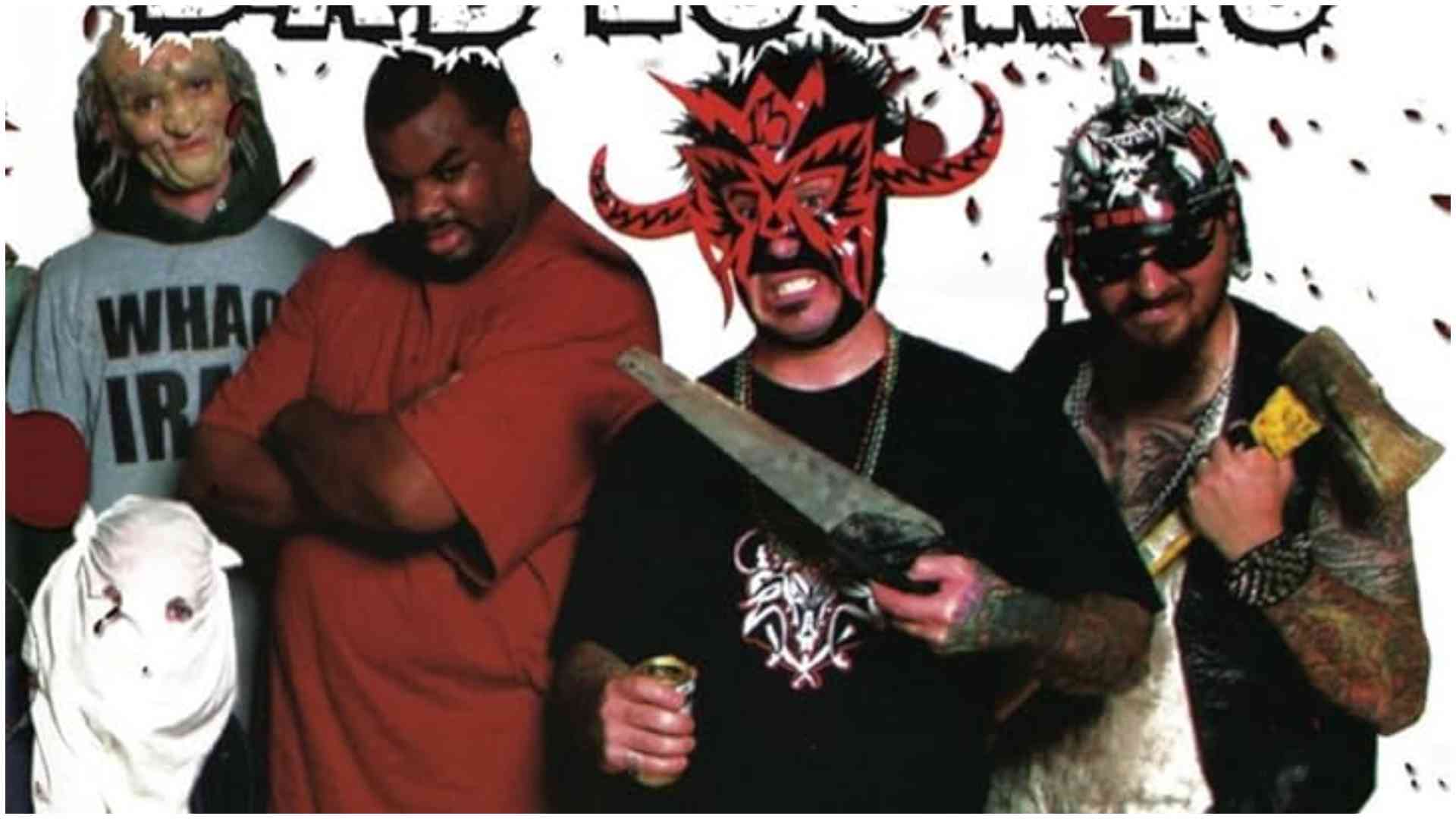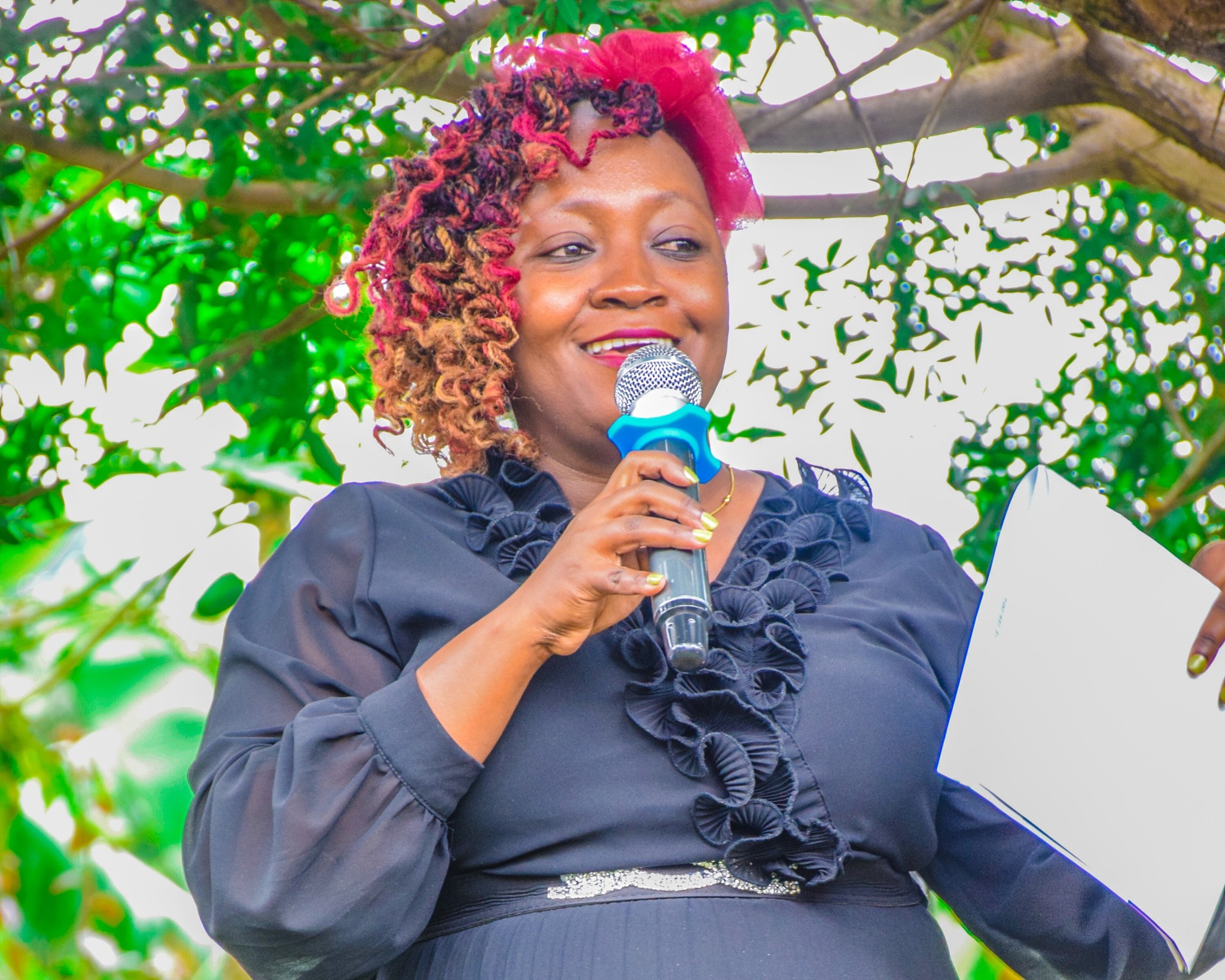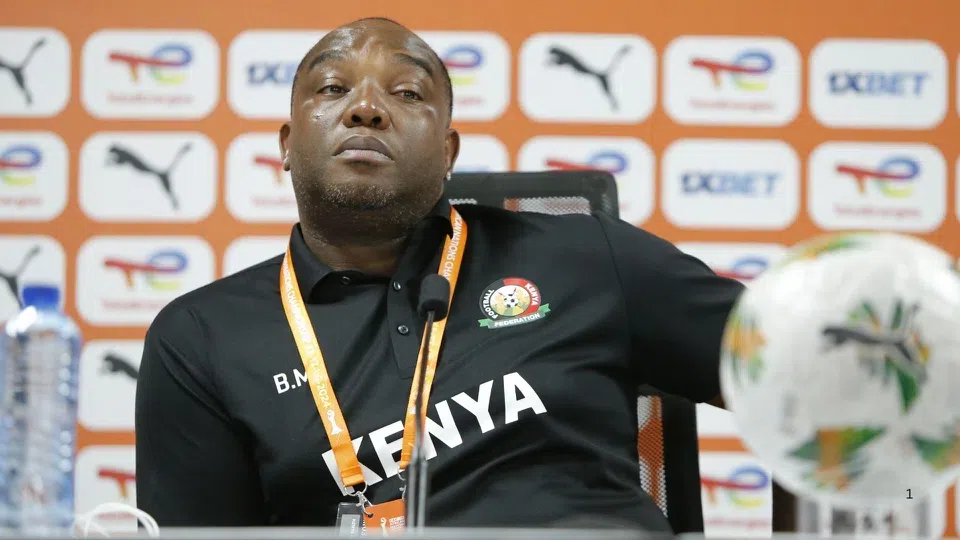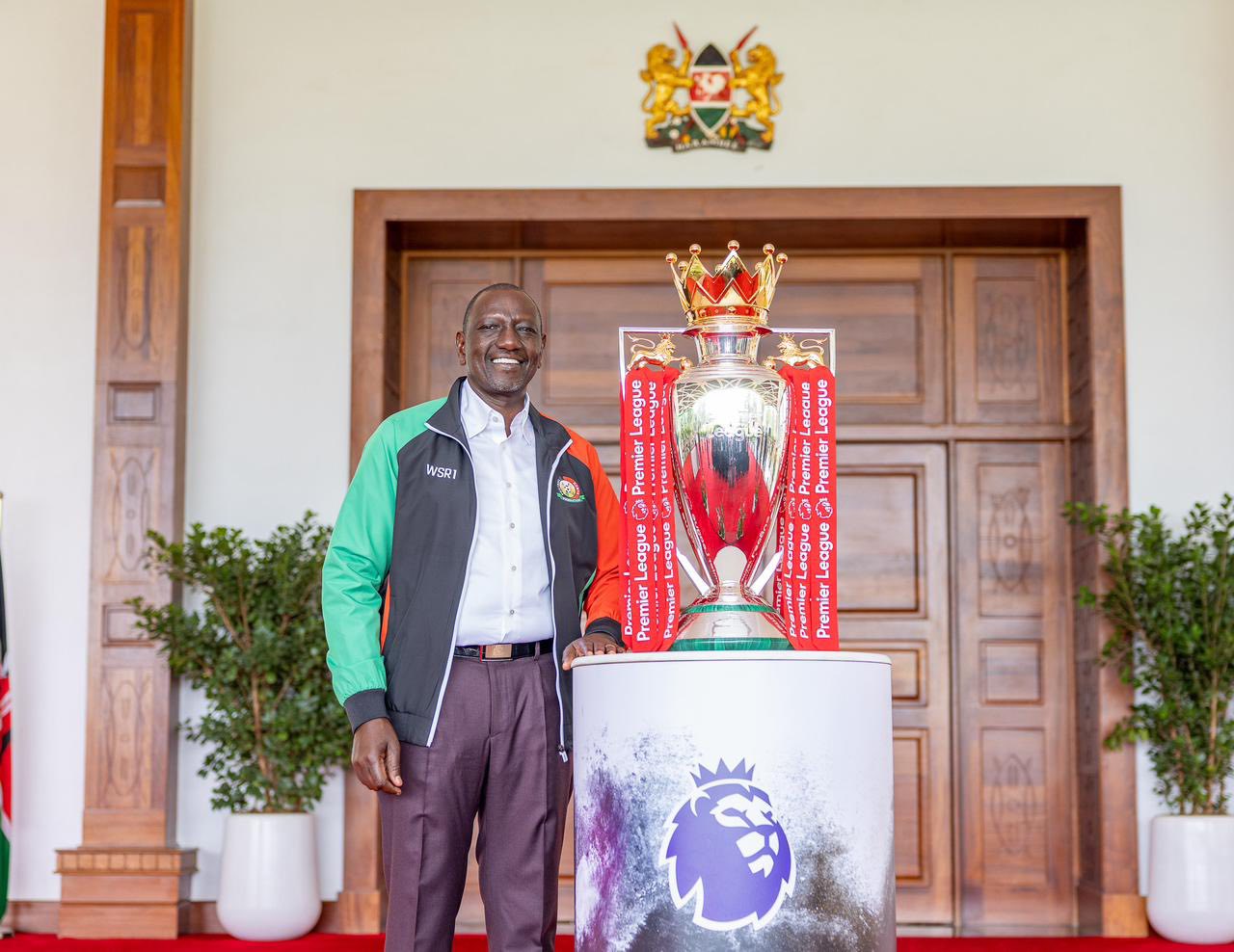Madagascar’s Gen Z Push for Real Change after Military Coup Shakes the Nation
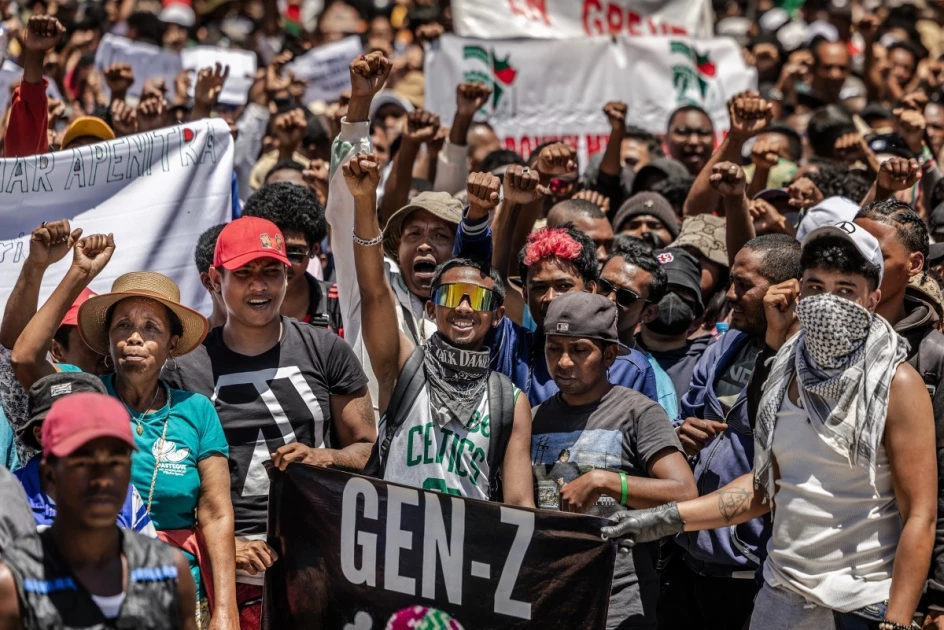
Madagascar’s youth are refusing to stay silent after the country’s latest power shift. What began as protests over severe electricity and water shortages has turned into a nationwide call for lasting political reform. When an elite army colonel joined their demonstrations earlier this monthforcing President Andry Rajoelina to flee, the streets of Antananarivo erupted with both relief and unc, ertainty.
Olivia Rafetison, 28, who leads the Movement Gen Z Collective, welcomed the army’s protection after weeks of violent repression. “He said: ‘We’re for the people, we’ll help you, we are by your side’. Malagasy were coming together for the same cause,” she told Reuters. Yet, days later, Colonel Michael Randrianirina declared the military had taken control, shifting the tone from solidarity to command. “It went from ‘protecting the people’ to taking power,” Rafetison said. “I’m not saying I’m against it … But I am a little conflicted.”
What Do Madagascar’s Youth Really Want?
Randrianirina was sworn in as president three days after the coup and announced that the military would govern alongside civilians for up to two years before organizing new elections. Despite his assurances, many young activists remain skeptical. “He said ‘we’re listening to you,’” Rafetison recalled, hoping the new leadership will follow through. “Because this isn’t the end of the struggle: we’re really fighting for system change, not to swap one president for another.”
Madagascar’s youth, half the population under 25, have endured decades of failed leadership. Since independence in 1960, the country’s GDP per capita has nearly halved, leaving many in poverty. For Gen Z, the frustrations run deep. “Everyone is taking advantage of the system; they don’t care. Even if the population dies of hunger, it’s nothing (to them),” said Alicia Andriana of the Association of Dynamic Malagasy Students.
Andriana expressed gratitude for the army’s intervention but admitted disappointment with the outcome. “No, not really. Not yet, because we don’t have what we asked for. We asked for water, electricity, for every family to have enough to eat,” she said, urging the coup leaders to “put in place a new system that can change life in Madagascar.”
Some youth groups, including the 18,000-member Facebook community Gen-Z Tonga Saina, worry the military will protect elite interests rather than the people. Transparency International Vice Chair Ketakandriana Rafitoson described the coup as “undesirable for democracy” but acknowledged that, given the repression and the president’s flight, the military was “the only institution able, quickly, to stop the bloodshed and reopen civic space.”
Despite the uncertainty, Madagascar’s young activists remain determined. “We can’t be certain they (the military government) will listen, but we can hope,” said 23-year-old campaign spokesperson Tolotra Andrianirina. “We’ll get back on the streets. We did it once; we can do it again, if necessary.”
By Lucky Anyanje


